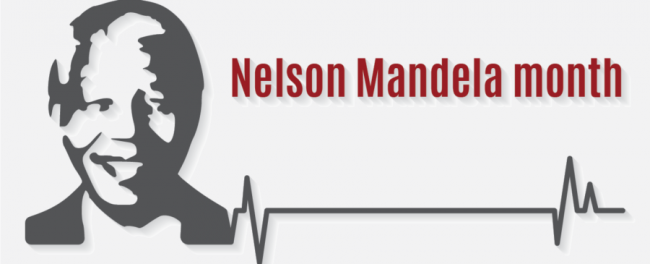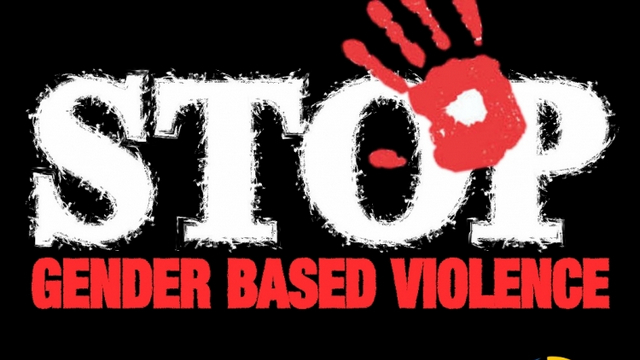Celebrating Mandela month amid a pandemic
Devan Moonsamy
July has always had a spirit of Ubuntu and sharing. It is the birth month of the father of our nation and it is also referred to as Mandela month.
In this month we often find big companies, small businesses and organizations coming up with creative campaigns to commemorate the legacy of the late president. It is the month in which all South Africans are encouraged to do their bit and pledge their support in the smallest way.
Be it helping an organization in need or feeding a group of people, any form of selfless contribution is encouraged. Sadly, this year most projects are on ice as the number of people infected with the coronavirus rises daily.
As South Africans, the chance of not being able to do something might leave a void. That being said how can we still celebrate a month of selflessness and adhere to the rules and regulations of our current lockdown?
It is simple. Keep it small. You could provide your help and assistance if possible, to a smaller group of people.
As a company, look at NGOs that are assisting communities feeling the pinch of the economy following many industries having to embark on retrenchment and liquidation. This has resulted in a number of people without work. If you are able to, run a programme to offer work to these individuals.
Schools are also always participating in activities during this time, however with the limited number of grades and the major social distancing at school this year activities might not be possible. This doesn’t mean our children don’t have to feel the spirit.
Get the kids to help put together sanitizing packs and distribute these to those who are less fortunate than us. Alternatively, you could find out which organizations are doing distributions and drop it off to them.
The spirit of Mandela day should not be lost due to the fact that we are dealing with this pandemic. Use this rather as an opportunity to get the family behind a project to distract ourselves from the daunting numbers and the scary Whatsapp messages that are doing their rounds.
Devan Moonsamy is the CEO of ICHAF Training Institute and the Author of Racism, Classism, Sexism and the other ISM’s that Divide us. ICHAF offers SETA-approved training in business skills, computer use, and soft skills. Devan specialises in conflict and diversity management, and regularly conducts seminars on these issues for corporates. To book a seminar with Devan or for other training courses, please use the contact details below.
Tel: 011 262 2461 | Email: devan@ichaftraining.co.za | Website: ichaftraining.co.za | devan-moonsamy.com






